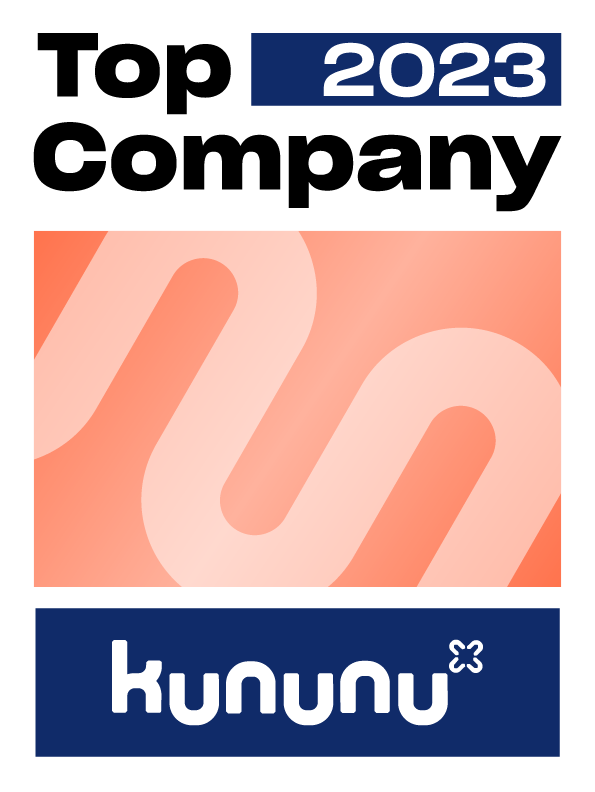Blockchain in logistics: Moving into the “Internet of secure transactions”
Blockchain is a technology used to store data that was invented by the developer community around the open-source Bitcoin project and has been optimized for digital currency. However, it has the disruptive potential to question existing business models in other industries as well. For example, in logistics and supply chain management.
Counterfeits of transactions are impossible
What is the technology about? The word “blockchain” in English a “chain of transaction blocks”. Behind this is a decentralized database. It allows companies, means a bank or a notary, to organize private transactions, payments, or other transactions without an intermediary. In this way, any information can be stored in encrypted and compressed data units, the so-called “blocks”, and not on a central server, but on all the storage media in the network.
Before this, however, a check is carried out and the data is updated on all storage media in parallel. The principle behind Blockchain: “Transactions are neatly listed one after the other – in a seamless chain, each transactions gets a time stamp and is protected by cryptological procedures, using private and public key of both parties – sender and receiver.
A follow-up transaction only applies to the predecessor, which is ensured via a hash link. In doing so, these data chains lie identically on a multiplicity of decentralized computer systems, which makes counterfeiting impossible.
The blockchain technology provides plenty of room for imagination
However, if these transactions are to be certified in the future via a blockchain and stored decentrally globally, many new possibilites are offered. For example, the secure storage of business transactions can also be validated outside one’s community and for all parties at any time. With the help of Smart Contract orders could only be automatically confirmed unter automated conditions (automatically variable) or automatically paid. Futher possible applications:
- Order documents are digitally signed by the participants (Stampery)
- Files for an order are saved decentrally and securely
- Trough “Trusted Internet of Things” a secure data exchange between globally authenticated devices in the order context can take place
- Worldwide secure authentification of “Unique Assets” (e.g., containers, wagons, packages …)
The blockchain technology offers a lot of space for our imagination. At some points, the vision of the automated value-added chain can be realized. The magazine “The Economist” with the title “The trusted machine” has brought the key to the point. Due to its characteristics, the blockchain answers trust technically, which up to now has been offered by intermediaries as a service.
The entry first appeared in the BVL blog


